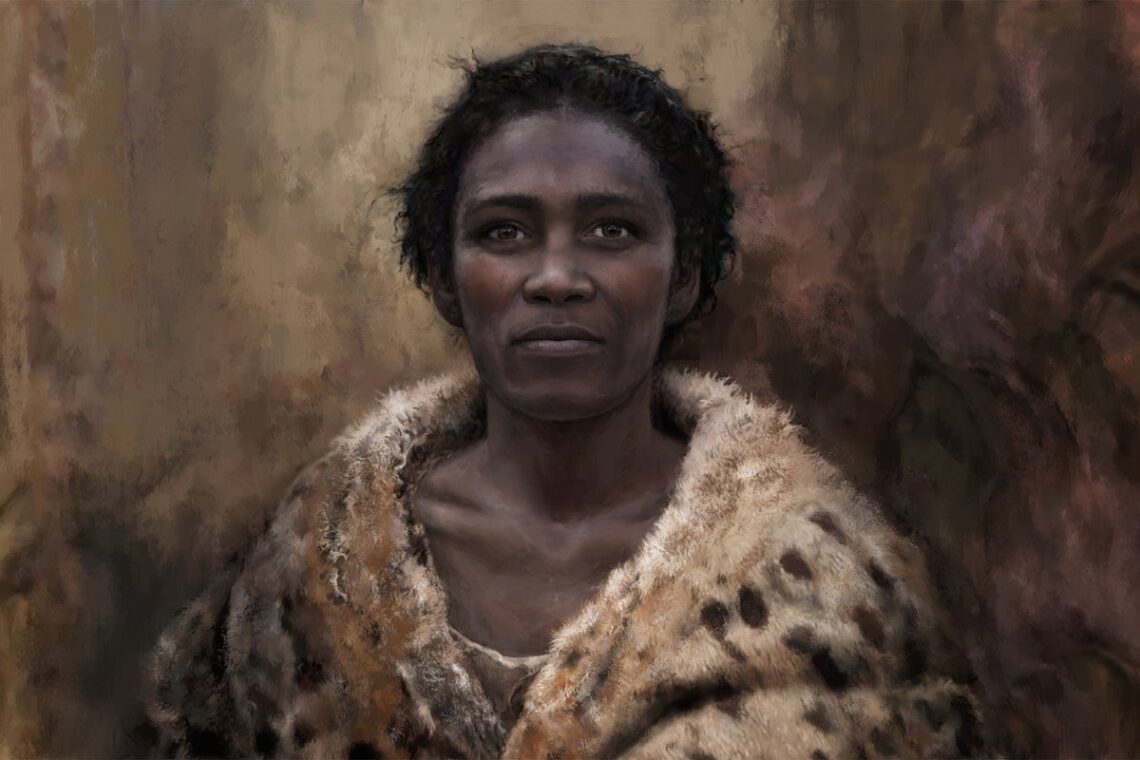Scientists have long known that humans outside of Africa owe 2 to 3 percent of their genome to Neandertal ancestors. But now, using the oldest modern human DNA ever analyzed, two separate studies have traced this ancestry to a single surge of interbreeding that occurred between 45,000 and 49,000 years ago.
Neandertals (Homo neanderthalensis) and modern humans (Homo sapiens) encountered each other many times over tens of thousands of years: modern human DNA is found in Neandertals who lived more than 200,000 years ago, and some human populations mingled further with Neandertals until the latter species went extinct 39,000 years ago. But not all of these interactions left a shared imprint on all non-African populations today. The moment that left this near-global genetic fingerprint happened over a period of a few thousand years, occurring between Neandertals who were established in Europe and humans who were newly arriving in their territory.
“The height of this interaction was, we think, 47,000 years ago—which also gives us a rough estimate of when this out-of-Africa migration might have happened,” says Leonardo Iasi, a postdoctoral researcher in evolutionary genetics at the Max Planck Institute for Evolutionary Anthropology in Leipzig, Germany, and lead author of one of the studies, which was published on Thursday in Science. He is also a co-author of the other paper, which was published concurrently in Nature.
On supporting science journalism
If you’re enjoying this article, consider supporting our award-winning journalism by subscribing. By purchasing a subscription you are helping to ensure the future of impactful stories about the discoveries and ideas shaping our world today.
Multiple waves of humans left Africa, where the Homo genus originally evolved, over thousands of years and established populations in the Near East and Europe. There they encountered and sometimes bred with Neandertals, descendants of an earlier human ancestor who had left Africa…
Read the full article here

